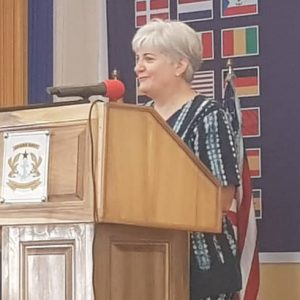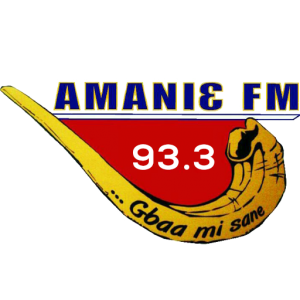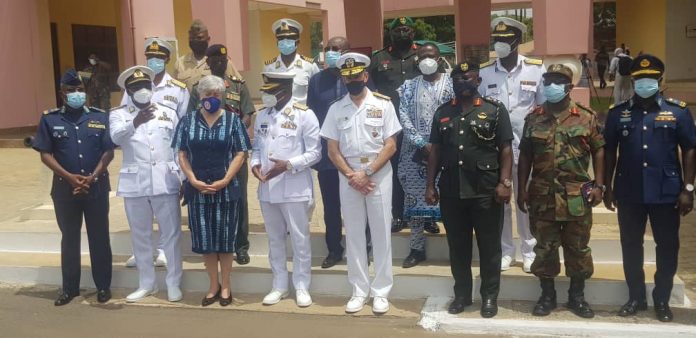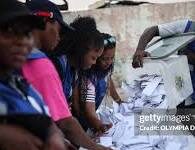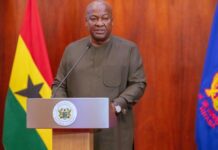The Ghana Navy (GN), in collaboration with the United States Naval Forces Africa and Europe (NAVAF-SIXTHFLT) and United States Africa Command (AFRICOM), hosts over two hundred (200) personnel from thirty-two (32) countries, regional and international organizations, of the eleventh edition of the multinational exercise dubbed “EXERCISE OBANGAME EXPRESS 2021 (OE21).”
OE21, which is a 14-day exercise, from 14th to 27th of March, 2021, howbeit had its opening ceremony on Friday, 19th of March, 2021, at the Burma Hall, Burma Camp, Accra, with the Guest-of-Honour being the Chief of the Defence Staff (CDS) of the Ghana Armed Forces (GAF) – Vice Admiral (V/Adm) Seth Amoama.
The exercise was to ensure practical implementation of some laid down inter-agency procedures towards managing maritime security threats and incidents, effectively plan and safely conduct maritime security/safety operations, timely analysis of maritime situations to aid decision making, integrate and employ air assets in execution of maritime operations.
The rest are to demonstrate, exercise, and assess effective employment of the Rule of Law during maritime operations, exercise and assess Partner Nations’ capability to conduct Operational Planning and to build the capacity of the Navies in the sub-region to maintain a safe and secured maritime environment for socio-economic development, the CDS intimated.
In delivering the keynote address to emphasize the essence of the training, V/Adm Amoama revealed that since the beginning of the year 2021, the Gulf of Guinea has recorded 18 maritime incidents, 14 of which have occurred offshore, with 12 generally situated south of the Niger Delta Region.
“Unreported and Unregulated fishing, drug trafficking, smuggling of merchandise and weapons, human trafficking and the menace of piracy and armed robbery at sea, adversely affect all countries in the Gulf of Guinea, threatening not only the economies of these countries, but also global trade and economic security,” Admiral Amoama stated.
Commander at the NAVAF Europe and Africa, Admiral (Adm) Robert Burke, addressing the gathering, said that the Gulf of Guinea is a critical nexus for African prosperity and that of the entire globe, because of the economic resources that flow from it and through it.
Adm Burke, however, cited possibilities that come with such serious challenges, like piracy, illegal fishing, trafficking of arms and narcotics, or even terrorist activity, but stated that OE21 would help improve maritime governance and security, and increase every country’s ability to protect their own maritime resources, and work together as a regional team.
The NAVAF Commander further said that, because policing waters is more than just catching pirates or stopping illegal fishing, it requires the coordinated action of agencies within a nation’s government and even across borders, and that it is only when maritime trade freely sails across the oceans, that economic development is viable and prosperity possible.
He revealed that, for the purposes of the training, NAVAF brought along the US Coast Guard and a wide range of US law enforcement partners, to support participating countries’ efforts in areas that require law enforcement engagement.
Adm Burke concluded “we incorporated the Yaoundé Architecture – the Regional Maritime Coordination Centers as well as the Multi-National and National Coordination and Operation Centers, into OE21, because that structure has made such a positive difference in regional maritime security.”
In his welcome speech, as the host of the training, the Chief of the Naval Staff (CNS) – Rear Admiral (R/Adm) Issah Adam Yakubu, stated that the multinational exercise seeks to build the capacity of the Navies in the Gulf of Guinea Region, “Our focus will therefore be to ensure the enhancement of interoperability, information sharing, and implementation of laid down inter-agency procedures towards ensuring maritime security by all stakeholders.”
